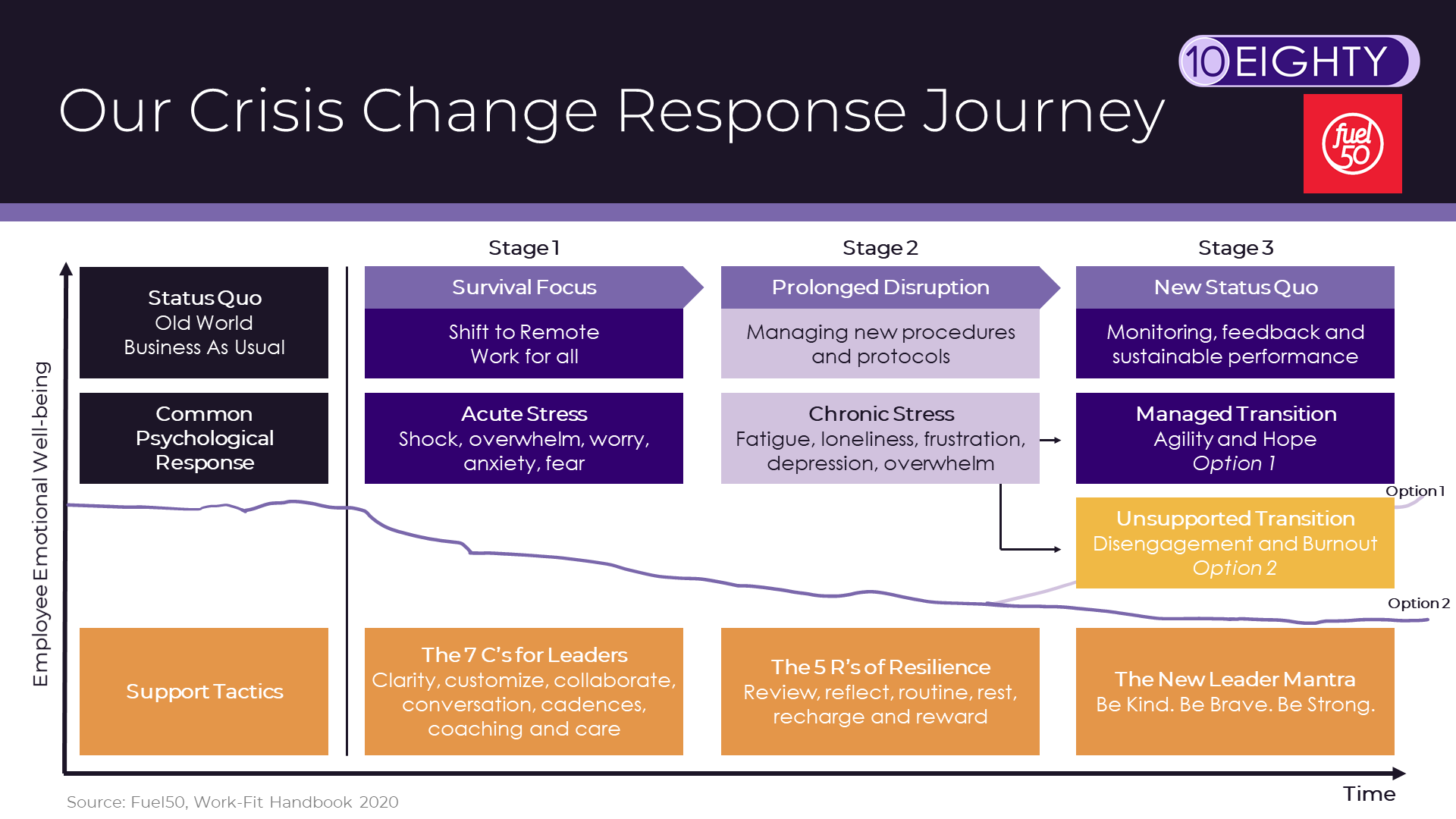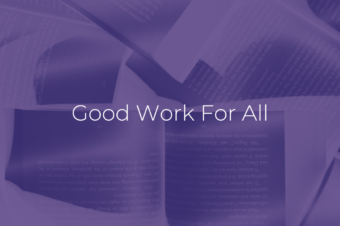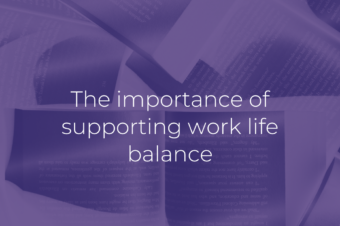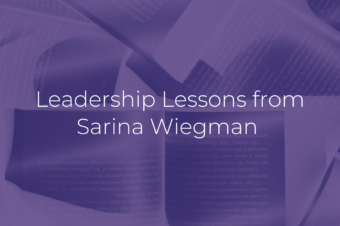Our partner Fuel50 recently released a research paper which looks at how organisations had to adjust to rapid and unprecedented changes during the Covid crisis. The overnight pivot to remote working practices meant that teams, functions, service delivery models, and supply chain logistics had to be transformed to ensure that organisations could keep their doors open and continue delivering to customers.
We all experienced unique challenges during the pandemic and each story is different, but the outcome seems to be a groundswell for organisations to provide a more supportive environment, where personal or professional challenges are acknowledged and support offered if needed.
Much as a few people would like a return to the status quo and the old ways of doing things there has been a shift in the dynamic and smart organizations are doing what they can to encourage more supportive workplace cultures. At 10Eighty we believe this will be achieved by leaders pivoting and changing their organisational practices to provide employees with what they want – increased levels of workplace communication, transparency, authenticity, resilience, and humanistic qualities.
Coping strategies
Collectively we fronted up to a range of challenges; weightiest amongst them we might mention:
- Remote working – a dramatic shift from people working in the office to working remotely.
- Digital leadership – managers and leaders had to drive engagement, organizational culture, and connection to the overall business remotely.
- Increased uncertainty – widespread uncertainty for organizations and the workforce financially, economically, and also health-wise.
- Reduced employee interaction and connection – people lost opportunities to interact in person with their leaders, business unit, fellow employees, and the larger organization
Fuel50 talked to HR leaders about how they and their organisations had responded to the crisis. Despite widespread recruitment freezes in 2020, there now seems to be a returned business confidence although in the UK we hear daily about skills shortages and recruitment difficulties.
Organisations around the globe are seeing strong resistance from employees when asked to come back into the office full time. Apple employees launched a campaign against the company’s plan to return to the office. It seems clear that many employees want the freedom to work on their terms, whether that means returning to the office, working remotely, or a mix of both.
No going back
Despite longstanding employer resistance to requests for flexible working we saw that many organisations experienced increased employee productivity with no noticeable impact on work quality. Many jobs can’t be done from home but for many knowledge workers a more flexible regime has been a welcome boon. Employers need to address this preference or they will find they lose employees who look for a more sympathetic environment.
Things will continue to change, it’s one of the few certainties of life, but these recent changes to flexible working practices are not such a great threat. Research by the SHRM has shown organisations that promote and have embedded flexible working practices have benefitted from reduced absenteeism, attracting and retaining top talent, improved diversity and inclusion, increased job satisfaction, energy, and creativity.
Such changes should not provoke a crisis in leadership, yes, we are dealing with unprecedented and unanticipated challenges but, the truth is, there will be ongoing adjustments to business practices (such as the adoption of new tools to aid collaboration) which will be with us long after the crisis has passed. Good leaders will adapt and learn to navigate the changing environment.

The new leadership mantra
Be Kind. Be Brave. Be Strong.
A crucial part of the leader’s role, especially in the charged environment that characterizes a crisis, is promoting psychological wellbeing so people can raise ideas, questions, and concerns without fear of repercussions. Wellbeing is a huge focus and concern for HR professionals and organizations as we know that those organizations that invest in wellness have healthy employees who are more productive and less likely to be absent.
A human focused leadership strategy will target the creation of a culture with employee wellness at its heart. Engaged employees seek a sense of belonging to something greater, especially in these testing times. Anne Fulton, CEO of Fuel50 says “There is a greater need for communication, collaboration, openness, and trust than ever before, which is why we have seen demand for digital employee experience solutions surge in demand in the last year. The more chaos and change there is, the more people crave clarity and communication.”
We’ve managed the crisis, including new procedures and protocols and the ensuing stress and uncertainty. Going forward we need to manage the new status quo with monitoring, feedback and sustainable performance measures that will enable an agile organization and a hopeful and engaged workforce.
Leading through the crisis
McKinsey maintain that a vital aspect of the leadership role is: making a positive difference in people’s lives. At 10Eighty we believe you will be a better leader if you pay careful attention to how your team is coping and take steps to support them. A sensitive but realistic response to the problems we face can have a powerful effect on employees, inspiring them to see the bigger picture and work towards recovery.
Seven tips for leaders to help their people through change:
Communicate – during times of change people want clarity
Customise – tailor your tactics to meet current challenges
Collaboration – we need to be creative and find solutions to enable creativity and collaboration
Cadences – check in with the team, keep everyone in the loop and motivated
Conversations – focus on learning goals and the productive use of time
Coaching – hone your skills to maximize impact, even simple questions can be powerful
Care packages – think about what your people need and what will make a real difference
In short, we think that the modern leader needs to optimise the power of individuals by connecting them through their purpose at work.
To learn more about Fuel50, click here.








